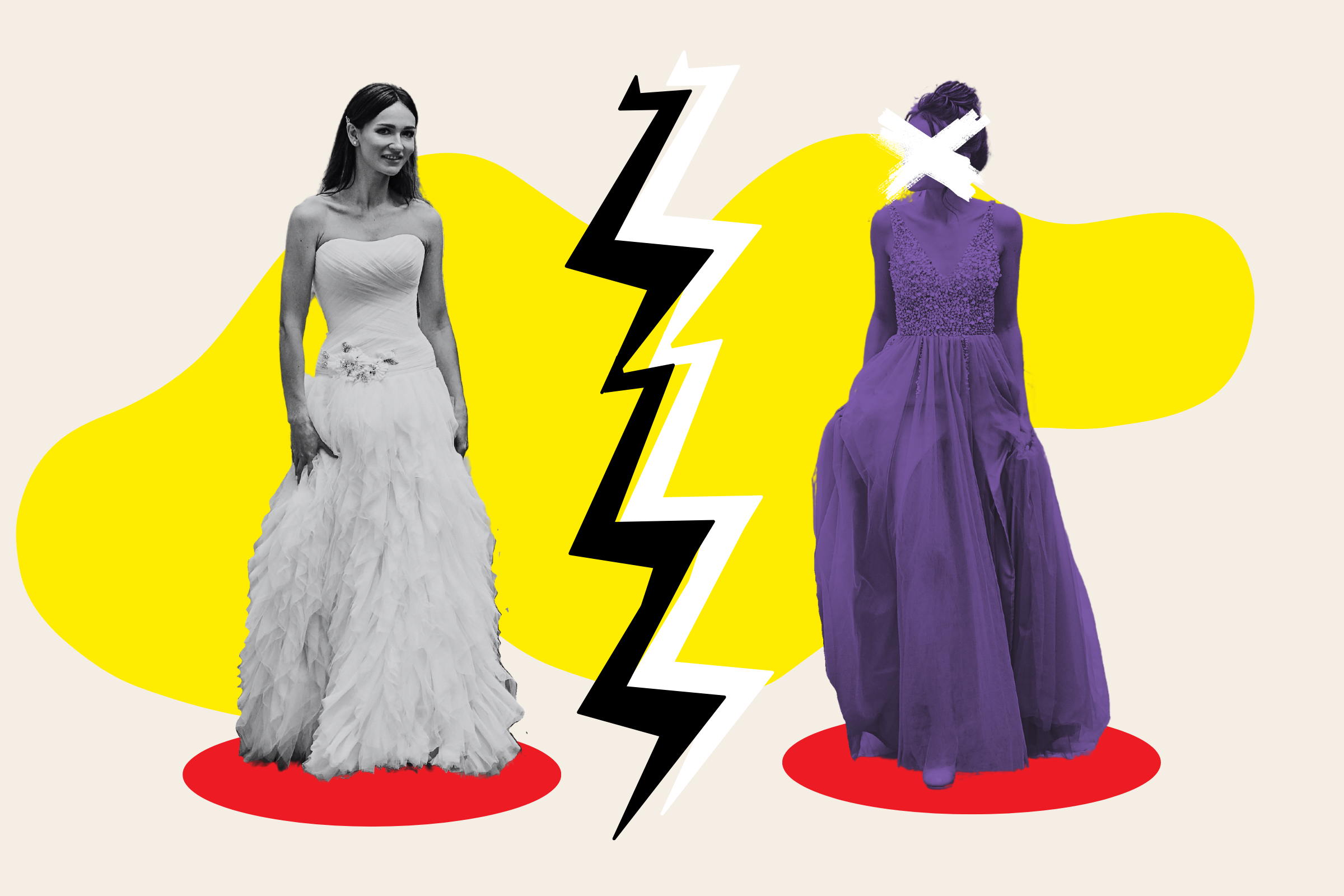After graduating high school, I supported my best friend during some tough times. Although we lived far apart, I felt our bond remained strong. She even stood by me as my maid of honor at my wedding, despite causing some family tension because I chose her over my sister, who I wasn’t as close to.
Fast forward six years, I’m now a mom of three, and my friend is getting married. We chatted about her wedding, and she asked for a speech, but she never mentioned including me in the wedding party. Even when I brought it up, she quickly changed the topic.
As the wedding approached, I realized I was left out, which stung. I wondered if my role as a mom had something to do with it.
My daughter underwent surgery just a week before the big day, but we made the long trip to attend. At the ceremony, I felt utterly heartbroken, like I was at a funeral instead of a celebration. I gave my speech and noticed other bridesmaids with kids, which puzzled me even more about my exclusion.
After the ceremony, my husband and I left early to get our kids settled and didn’t return for the festivities. Since then, I haven’t spoken to my friend, having written to her about my feelings of hurt and exclusion.
I think we had different perspectives on our friendship. It felt like I cared more. Even though she’s tried to reach out since, I haven’t responded. Time has changed me, and the memories of our friendship feel like a loss, almost like mourning a person.
Is it wrong for me to move on and leave our friendship behind?
Rosie

Grief is a normal reaction to loss
Layne Baker, a licensed psychotherapist in California, specializes in anxiety, relationships, and personal growth.
Friendships can be tested as we navigate different life stages, like marriage or parenthood. Sometimes, significant milestones highlight the distance that grows over time.
Your feelings of hurt over not being included in the wedding party stem from unmet expectations and your view of the friendship. It seems your friend struggled to address the situation, likely out of her own discomfort. Writing to her was a brave step, showing how much the experience affected you.
If you’ve chosen not to reconnect despite her efforts, that’s okay. Friendships may end abruptly or fade gradually. The grief you feel is valid, as it’s a recognition of something that once mattered greatly to you.
Moving on is not a fault; it’s a way to cope with your experience. Focus your energy on the relationships that resonate with your current self.
Reflect on your intentions
Matt Scult, Ph.D., a licensed psychologist, offers insights on navigating relationship challenges.
You and your friend once had a close bond, and it’s understandable to feel a sense of loss over the years of silence. The key question is whether you want to consider reconnecting.
In times of emotional hurt, it’s natural to distance ourselves to avoid further pain. However, this often doesn’t lead to healing. Reflect on what you want from your lack of communication with her. Given you mentioned her often, she might still matter to you.
Some friendships warrant a clean break for valid reasons, but it doesn’t seem this applies here. While reaching out may feel risky, it could lead to healing and understanding. Discussing your perspectives could allow for rekindling your connection, even if it won’t return to its former state.
The choice is ultimately yours, but your current approach hasn’t yielded satisfaction over the years. Why not explore a new path? A fresh perspective on the past might lead to renewed appreciation of old friendships.
